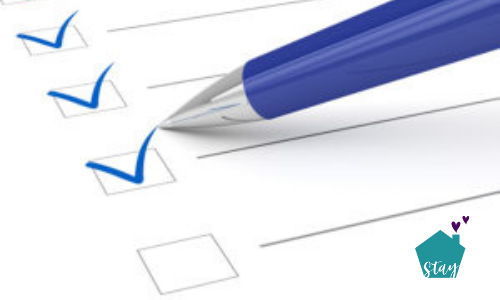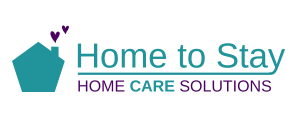 Elderly parents generally need more medical care than younger adults because they are more susceptible to illness and injury. When a family caregiver needs to create an elderly care plan for their loved one, it also means they need to be the one to organize and keep track of their aging parent’s medical information. As a family caregiver, it’s essential to manage and organize your aging parent’s medical documents, ensuring you will have access to their vital medical information when needed.
Elderly parents generally need more medical care than younger adults because they are more susceptible to illness and injury. When a family caregiver needs to create an elderly care plan for their loved one, it also means they need to be the one to organize and keep track of their aging parent’s medical information. As a family caregiver, it’s essential to manage and organize your aging parent’s medical documents, ensuring you will have access to their vital medical information when needed.
Deciding what information to keep and how to organize it can be very overwhelming for family caregivers. Fortunately, there are some good guidelines on what to keep and how to keep it that will help caregivers stay on top of their aging parent’s health and wellness records.
Essential Medical Information for Senior Care
There is a lot of paperwork that comes with almost any health procedure, from a doctor’s visit to a hospital stay. A family caregiver needs to prioritize what information is important for future reference and what can be discarded.
Important Senior Medical Documentation
Below is a list of the most important documents to have in an elderly parent’s personal medical file:
- Personal health history
- Notes on doctor visits
- Laboratory results (blood, urine, MRIs, EKGs, etc.)
- Cardiac results
- Pathology reports
- Hospital discharge summaries
- Current and past medications list
- Health insurance and information
- Health directives (living will, power of attorney for health care, etc.)
There may be other unique papers or documents that apply to an elderly parent’s health history that family caregivers need to include in the personal medical file.
Organizing and Storing Elderly Medical Information
The reason family caregivers need their elderly parent’s medical information is to provide key information to the proper medical personnel. The doctor can have access to the elderly person’s latest important information, especially if it isn’t the regular doctor. Urgent care doctors or those in the emergency room can certainly learn a lot about the elderly parent’s medical needs in a short time with this information. Changing doctors, going to a specialist and other situations can also prompt family caregivers to provide background information on their elderly parent’s health.
Benefits of Digitally Organizing Medical Information
Most people find it easiest to keep a binder full of paper and copies of medical information. This is convenient to carry and easy to show others. However, it’s hard to permanently share with doctors as there is only one copy.
It’s best to also create a digital information binder to back up the paper originals. This makes it easier to share the information without handing over original documents and spending time and money making copies. Digital records are made by scanning paper copies and saving them to a personal computer or portable drive. They can then be emailed or uploaded to the doctor. There are also a lot of software programs, apps, and online services that compile digital medical records or store them for people. It’s one more way for family caregivers to keep track of their elderly parent’s medical information. Elderly care is challenging, but being organized when it comes to medical information can mean a faster diagnosis and more effective treatment when they need it.
For elder care in Southern NJ and the surrounding areas, call and talk to us at Home to Stay Healthcare Solutions (856) 321-1500.







